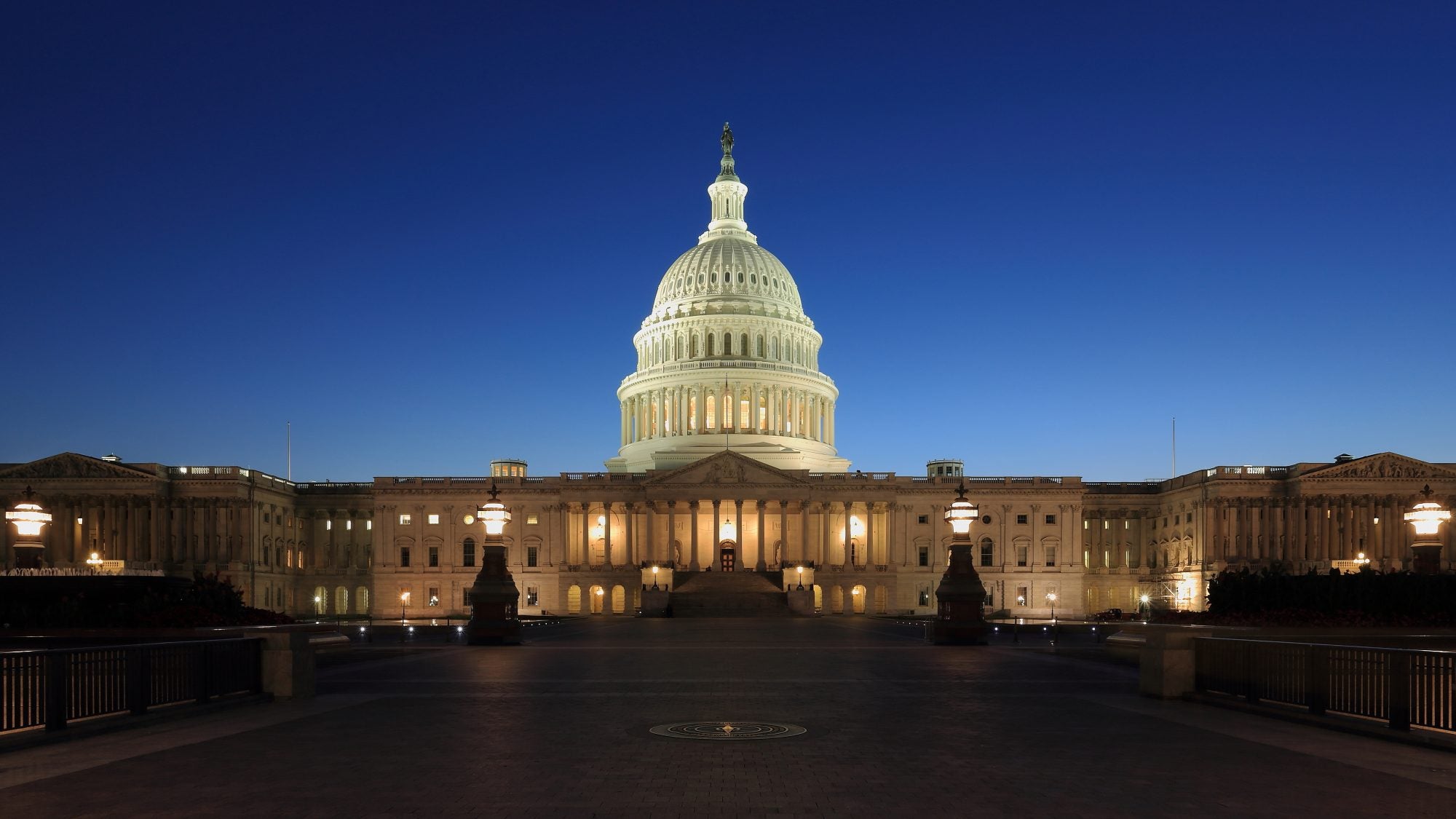Following the January 6, 2021 attacks by far-right extremists on the U.S. Capitol, faculty from the Center for Security Studies have been analyzing the political and security implications for the United States. As the presidential inauguration approaches, we rounded up some of what they’ve been saying.
How Did We Get Here?
Dr. Elizabeth Saunders, Associate Professor and Chair of the U.S. National Security Policy concentration
Right after the attacks, Dr. Saunders, writing with Henry Farrell for the Washington Post, approached the political theater that led up to the incident at the Capitol. In that piece, she points out the dangers of politicians taking a “what’s the harm?” approach to humoring fringe ideas.
Less than a month earlier, Dr. Saunders foreshadowed the attacks in a piece (with Susan D. Hyde) for the New York Times about the resiliency of democracies—and warned that being resilient is not the same as being unbreakable.
Extremism From the Far Right
Dr. Bruce Hoffman, Professor and Chair of the Terrorism and Substate Violence concentration
Following the attacks on the Capitol, Dr. Hoffman gave his immediate reactions to CFR, calling the attackers “domestic terrorists” and discussing his expectations for both the inauguration and the country as a whole. In addition, he hosted a talk discussing the implications of the situation at the Center for Jewish Civilization, where he serves as Director. Writing with Jacob Ware (SSP ’19), he also described the threat of domestic terrorism—most seriously encapsulated by the January 6 attacks—as one of the key areas of concern for the incoming Biden administration.
Dr. Hoffman has been forecasting threats from right-wing extremists for months. He spoke with the Council on Foreign Relations back in October about the threat of violence following the election. Later in the fall, he and Ware went into further detail on the threat from the more extreme factions of the far right for Lawfare.
Social Media and Domestic Violence
Dr. Daniel Byman, Professor
Like Dr. Hoffman, Dr. Byman has had political violence on his radar for some time, writing articles for the Brookings Institution and Foreign Policy (both with Colin. P. Clarke) about the threat leading up to Election Day. He joined the Lawfare Podcast for an emergency discussion on January 6 to discuss his immediate reactions to the attacks. Since then, Dr. Byman has dug further into what 20 years of post-9/11 counterterrorism tells us about the storming of the Capitol and what we should look out for from white supremacists in the coming year.
Dr. Byman’s research focuses heavily on the role of social media in inciting extremism, which he emphasized in his day-after piece for Foreign Policy. Writing with Aditi Joshi (SFS ’21) for Brookings, he laid out possible solutions and pitfalls for social media companies in responding to incidents like the one at the Capitol, and how companies can help avoid such situations in the future.
Featured image by Martin Falbisoner, Creative Commons
This post has been updated to include a link to the recording of Dr. Hoffman’s talk at the Center for Jewish Civilization.
